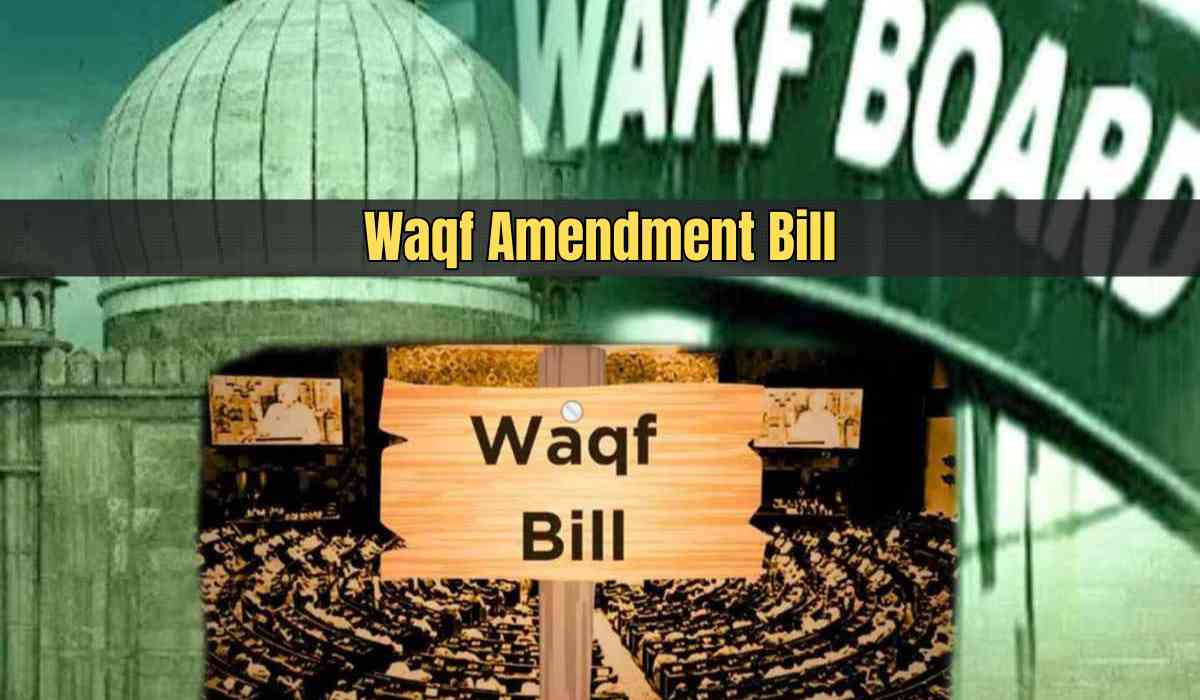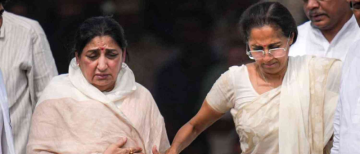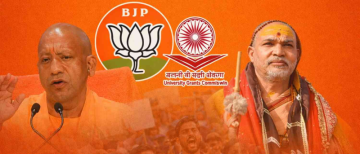The Waqf (Amendment) Bill, 2024, has sparked intense debates in Parliament and across the country as the NDA government moves forward with its legislative agenda. Union Minister Kiren Rijiju has accused opposition parties of "vote bank politics", claiming that many of them "privately support the bill but oppose it publicly."
The bill introduces significant changes to the management and governance of Waqf properties, including allowing non-Muslim members in Waqf Boards, shifting property dispute decisions to the District Collector, and removing the provision of ‘Waqf by user’. The opposition, led by Congress, AIMIM, and INDIA bloc partners, has strongly opposed the bill, calling it an "attack on religious freedom."
With a strong numerical advantage in Parliament, the NDA government appears set to pass the bill. However, protests by Muslim organizations, opposition leaders, and state parties indicate that the political and social fallout could be long-lasting.
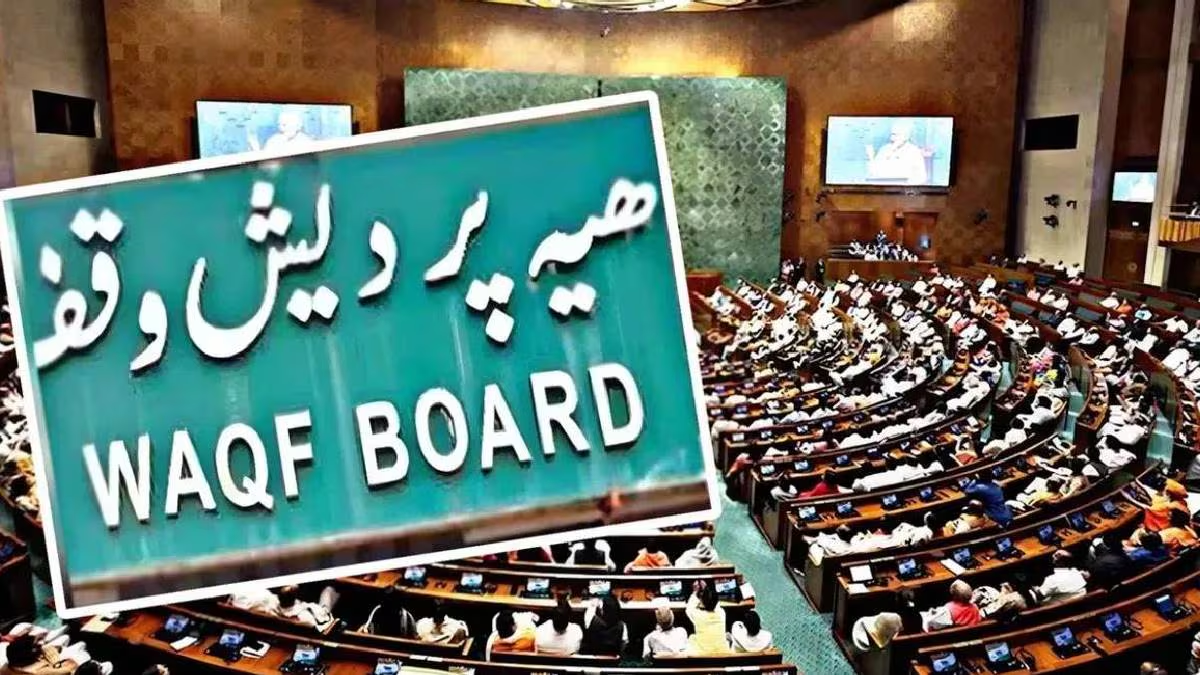
What is the Waqf Amendment Bill, 2024?
The Waqf Amendment Bill proposes key modifications to the Waqf Act, 1995, which governs religious endowments and properties under Islamic law in India. The government argues that the bill aims to modernize Waqf management, enhance transparency, and curb property-related disputes.
Key Objectives of the Bill:
-
Strengthening administrative control over Waqf Boards.
-
Digitizing and centralizing the record-keeping of Waqf properties.
-
Ensuring better governance and preventing misuse of Waqf assets.
-
Giving government authorities a stronger role in dispute resolution.
Government’s Justification for the Bill:
-
Transparency & Efficiency: The bill aims to curb mismanagement, encroachments, and legal disputes over Waqf properties.
-
Inclusion of Non-Muslims: The government argues that appointing non-Muslim experts to Waqf Boards will bring professionalism without undermining Muslim representation.
-
Limitation Act Inclusion: The proposed removal of Section 107 of the 1995 Act will ensure disputes over Waqf properties are subject to standard legal timelines.
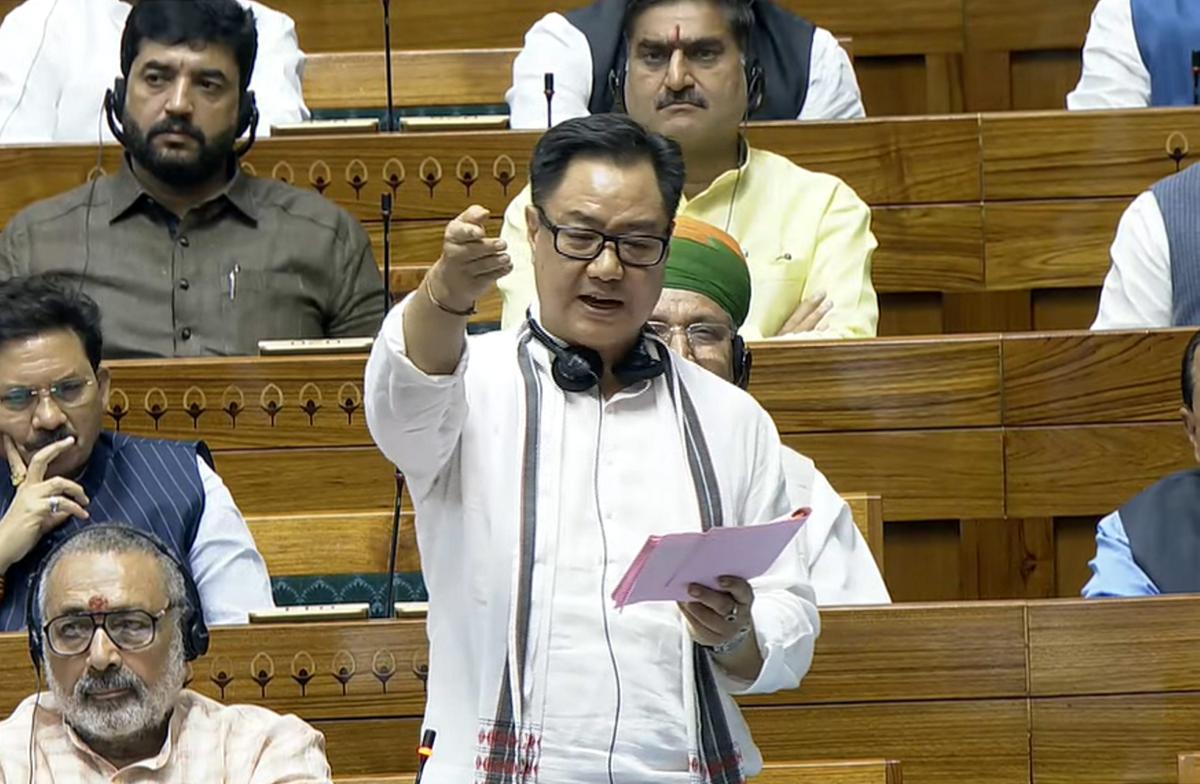
Opposition’s Criticism & Concerns
The bill has drawn sharp criticism from Opposition leaders and Muslim organizations, who argue that it infringes upon the religious and constitutional rights of the Muslim community.
Main Concerns Raised:
-
Interference in Religious Affairs: Critics argue that appointing non-Muslims to Waqf Boards violates the autonomy of Muslim institutions.
-
Control Over Waqf Properties: The bill grants District Collectors the power to determine whether a property is Waqf, shifting control from the Waqf Tribunal.
-
Potential Loss of Muslim Heritage: Opposition leaders, including AIMIM’s Asaduddin Owaisi, claim that the bill could lead to the loss of religious sites like graveyards, khanqahs, and dargahs.
-
Removal of "Waqf by User" Concept: This provision, which allowed properties used as Waqf for long periods to be officially recognized, has been removed, raising fears of asset seizure.
Strong Opposition in Parliament:
-
Congress, Samajwadi Party (SP), and other INDIA bloc members have issued whips to their MPs to ensure full participation in the debate and voting.
-
AIMPLB has urged secular parties and BJP allies to vote against the bill to prevent what it calls the "BJP’s communal agenda."
-
Congress MP Imran Pratapgarhi arrived at Parliament in black attire, protesting against the bill with a placard reading, "Reject Waqf Bill."
-
Andhra Pradesh Congress Chief Y S Sharmila Reddy called the bill an "attack on religious freedom" and an attempt to control Waqf assets.
What Changes Does the Bill Introduce?
1. District Collector’s Role in Deciding Waqf Property Status
-
The 1995 Act allowed the Waqf Board to determine whether a property belonged to Waqf.
-
The 2024 Amendment shifts this authority to the District Collector, reducing the power of the Waqf Tribunal.
-
Government’s Justification: Prevent misuse of Waqf laws in land disputes.
-
Opposition’s Argument: This could allow the government to take control of Waqf properties.
2. Inclusion of Non-Muslims in Waqf Boards
-
The 1995 Act required only Muslims to be part of Waqf Boards.
-
The 2024 Amendment allows:
-
A non-Muslim to be appointed as CEO of a Waqf Board.
-
At least two non-Muslim members in each state’s Waqf Board.
-
-
Government’s Justification: Bringing expertise and transparency.
-
Opposition’s Argument: Interferes with religious institutions and weakens community autonomy.
3. Removal of ‘Waqf by User’ Concept
-
In Islamic law, a property used for Waqf purposes over time could be recognized as Waqf (even without documentation).
-
The bill removes this provision, meaning properties without official records may lose their Waqf status.
-
Government’s Justification: Prevent land disputes and misuse.
-
Opposition’s Argument: Endangers religious sites like mosques, graveyards, dargahs, etc.
4. Application of the Limitation Act, 1963
-
The 1995 Act exempted Waqf properties from the 12-year limitation rule (which allows encroachers to claim ownership after long possession).
-
The 2024 Amendment removes this exemption, meaning those occupying Waqf land for 12+ years can claim ownership.
-
Government’s Justification: Apply standard land laws.
-
Opposition’s Argument: Puts thousands of Waqf properties at risk of being lost.
5. Mandatory Registration of Waqf Properties in a Central Database
-
All Waqf properties must be registered within six months of the bill’s implementation.
-
Government’s Justification: Digitization will prevent illegal transfers and increase accountability.
-
Opposition’s Argument: Could be used to reclassify Waqf properties as government land.
Political Standoff: How the Numbers Stack Up in Parliament
With both sides firm in their stance, the final decision on the bill will come down to numbers.
Lok Sabha Strength:
-
Total Seats: 542
-
Majority Required: 272
-
NDA Strength: 293
-
INDIA Bloc Strength: 235
The NDA, with its 293 members, has a comfortable majority to pass the bill. Key allies include:
-
Telugu Desam Party (TDP): 16 MPs
-
Janata Dal (United): 12 MPs
-
Lok Janshakti Party (Ram Vilas): 5 MPs
-
Eknath Shinde’s Shiv Sena: 7 MPs
Rajya Sabha Strength:
-
Total Seats: 245
-
Majority Required: 118
-
NDA Strength: 125
The NDA holds a narrow majority in the Rajya Sabha, ensuring the bill’s passage.
Regional Politics: How BJP Allies Are Reacting
TDP’s Demand for Amendments
-
The TDP (Telugu Desam Party), an NDA ally, supports the bill but opposes the inclusion of non-Muslims in Waqf Boards.
-
Chandrababu Naidu has held discussions with Muslim groups to address their concerns.
-
TDP MPs may push for an amendment allowing state governments to decide representation.
Jana Sena Party’s Support
-
The Jana Sena Party (JSP), led by Pawan Kalyan, has backed the bill.
-
JSP believes that the bill will streamline the outdated British-era Waqf Act and bring better governance.
YSR Congress Party’s Opposition
-
Jagan Mohan Reddy’s YSRCP has vowed to oppose the bill in both Houses.
-
YSRCP MPs will vote against the government’s proposal.
What’s Next for the Waqf Bill?
The Waqf (Amendment) Bill, 2024, is a defining moment in the NDA government's legislative agenda. While the ruling party insists it will streamline Waqf management and curb illegal practices, opposition leaders see it as an encroachment on Muslim religious rights. With the numbers in its favor, the NDA is poised to pass the bill, but the political and social ramifications could persist for years to come.
As the debate unfolds in Parliament, the Waqf Amendment Bill remains one of the most controversial pieces of legislation in recent times, reflecting the broader tensions between governance, religious autonomy, and electoral politics in India.
With inputs from agencies
Image Source: Multiple agencies
© Copyright 2025. All Rights Reserved Powered by Vygr Media.

